




If you’re looking for a way to save money on cleaning products and reduce your environmental impact, making homemade cleaning products is a great option. Not only are these DIY cleaners cheaper than their store-bought counterparts, but they also use simple ingredients that are readily available in the UK. Whether you’re a seasoned DIY enthusiast or just starting out, this easy guide will help you create effective cleaning products that are safe for your home and family.
One of the key benefits of making your own cleaning products is that you have full control over the ingredients. Many commercial cleaners contain harsh chemicals and toxins that can be harmful to your health and the environment. By using natural ingredients, such as vinegar, baking soda, and essential oils, you can create cleaning solutions that are effective and safe to use.
Not only are homemade cleaning products better for your health, but they can also help you save money. Cleaning products can be expensive, especially if you’re constantly restocking them. By making your own cleaners, you can significantly reduce your cleaning expenses. The ingredients used in homemade cleaners, like vinegar and baking soda, are inexpensive and last a long time, making them a cost-effective option.
In this easy DIY guide, we’ll provide you with step-by-step instructions on how to make a variety of cleaning products, from all-purpose cleaners to window sprays. We’ll also share tips and tricks on how to customize your cleaners with different scents and ingredients. So, whether you want a lemon-scented kitchen cleaner or a lavender-scented floor cleaner, we’ve got you covered!
Save money, reduce waste, and protect your health by making homemade cleaning products with UK ingredients. With just a few simple ingredients and a little bit of time, you can create cleaning solutions that are effective, affordable, and safe for your home. Get ready to roll up your sleeves and start your DIY cleaning journey!
Why Make Homemade Cleaning Products?
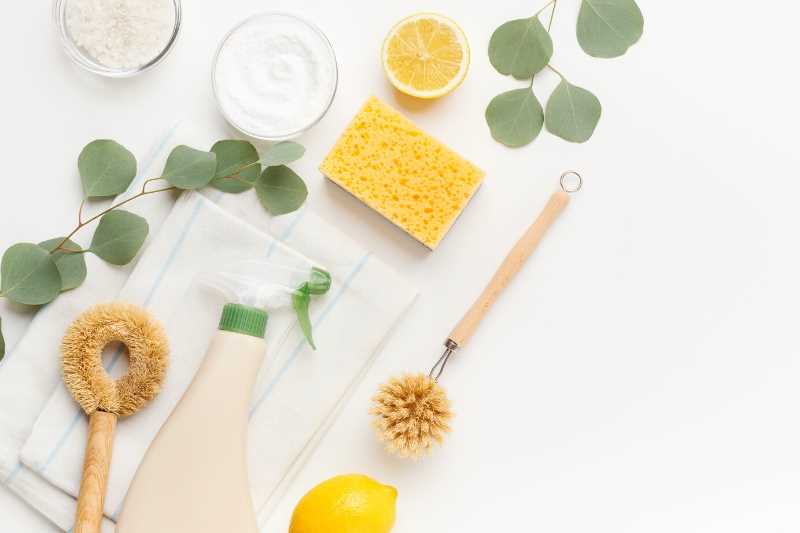
Cleaning products are essential for maintaining a clean and healthy home. While there are many commercial cleaning products available on the market, homemade cleaning products have numerous benefits that make them a great alternative. Here are some reasons why you should consider making your own cleaning products:
- Cost-effective: Homemade cleaning products can be made using simple and inexpensive ingredients that are easily available in the UK. This can help you save money in the long run, especially if you regularly use cleaning products.
- Control over ingredients: When you make your own cleaning products, you have full control over the ingredients used. You can choose natural and non-toxic ingredients, avoiding harmful chemicals that can be present in commercial products. This is particularly important if you have children, pets, or allergies.
- Environmentally friendly: Many commercial cleaning products contain harsh chemicals that can pollute the water supply and harm the environment. By making your own cleaning products, you can reduce your environmental footprint and contribute to a cleaner and greener planet.
- Customizability: Homemade cleaning products can be customized to suit your specific needs and preferences. Whether you want a stronger cleaner, a fragrance-free option, or a product that targets a specific type of dirt or stain, you can easily adapt the recipe to meet your requirements.
- Reduced packaging waste: Opting for homemade cleaning products means you can avoid excessive packaging waste that comes with commercial products. You can store your homemade products in reusable containers, reducing the amount of plastic and other packaging materials that end up in landfills.
In conclusion, making your own cleaning products is a cost-effective, environmentally friendly, and customizable way to maintain a clean home. By using natural and non-toxic ingredients, you can ensure the safety of your family and contribute to a healthier planet.
Benefits of Using UK Ingredients
When it comes to making homemade cleaning products, using UK ingredients offers several benefits. Here are some of the advantages:
- Availability: UK ingredients are readily available in local stores and supermarkets. You don’t have to search high and low or order online, which can be time-consuming and costly.
- Cost-effective: Using UK ingredients for your homemade cleaning products can be a more cost-effective option compared to purchasing commercial cleaning products. Buying ingredients in bulk or when they are on sale can further save you money.
- Environmentally-friendly: UK ingredients often have a lower environmental impact compared to commercially produced cleaning products. By using natural and eco-friendly ingredients, you can reduce the amount of harmful chemicals released into the environment.
- Control over ingredients: Making your own cleaning products with UK ingredients allows you to have full control over what goes into the product. You can choose organic, non-toxic, and fragrance-free options to ensure the safety of your family and pets.
- Versatility: UK ingredients can be used for a variety of cleaning tasks, making them versatile and multi-purpose. From kitchen surfaces to bathroom fixtures, you’ll find that these ingredients can effectively clean a wide range of surfaces.
- Reduced packaging waste: By making your own cleaning products, you can significantly reduce packaging waste. Instead of buying multiple bottles and containers, you can reuse the same containers for your homemade products, minimizing plastic waste that ends up in landfills.
In conclusion, using UK ingredients for homemade cleaning products offers numerous benefits, including availability, cost-effectiveness, environmental-friendliness, ingredient control, versatility, and reduced packaging waste. So why not give it a try and start making your own cleaning products today?
Essential Ingredients for Homemade Cleaning Products
1. Vinegar
Vinegar is a versatile ingredient that can be used to clean a variety of surfaces. It has natural antibacterial properties and can help remove dirt, grime, and odors. White distilled vinegar is most commonly used for cleaning.
Here are some ways you can use vinegar in homemade cleaning products:
- Mix vinegar with water to create a general-purpose cleaning solution for countertops, floors, and windows.
- Combine vinegar with baking soda to create a scrub for tough stains and soap scum.
- Soak a cloth in vinegar and water to clean mirrors and glass surfaces.
2. Baking Soda
Baking soda is a gentle and effective ingredient that can help remove stains, deodorize, and lift dirt. It is safe to use on a variety of surfaces and can also help neutralize odors.
Here are some ways you can use baking soda in homemade cleaning products:
- Mix baking soda with vinegar to create a powerful scrub for tough stains and soap scum.
- Sprinkle baking soda on carpets and upholstery to remove odors, then vacuum it up.
- Combine baking soda with water to create a paste for cleaning ovens, sinks, and tubs.
3. Lemon
Lemon is a natural disinfectant and deodorizer that can also help cut through grease and remove stains. It has a fresh scent and can be used in a variety of cleaning solutions.
Here are some ways you can use lemon in homemade cleaning products:
- Squeeze lemon juice into a spray bottle filled with water to create a refreshing all-purpose cleaner.
- Combine lemon juice with baking soda to create a paste for cleaning cutting boards and countertops.
- Use lemon halves to clean and deodorize stainless steel sinks and faucets.
4. Essential Oils
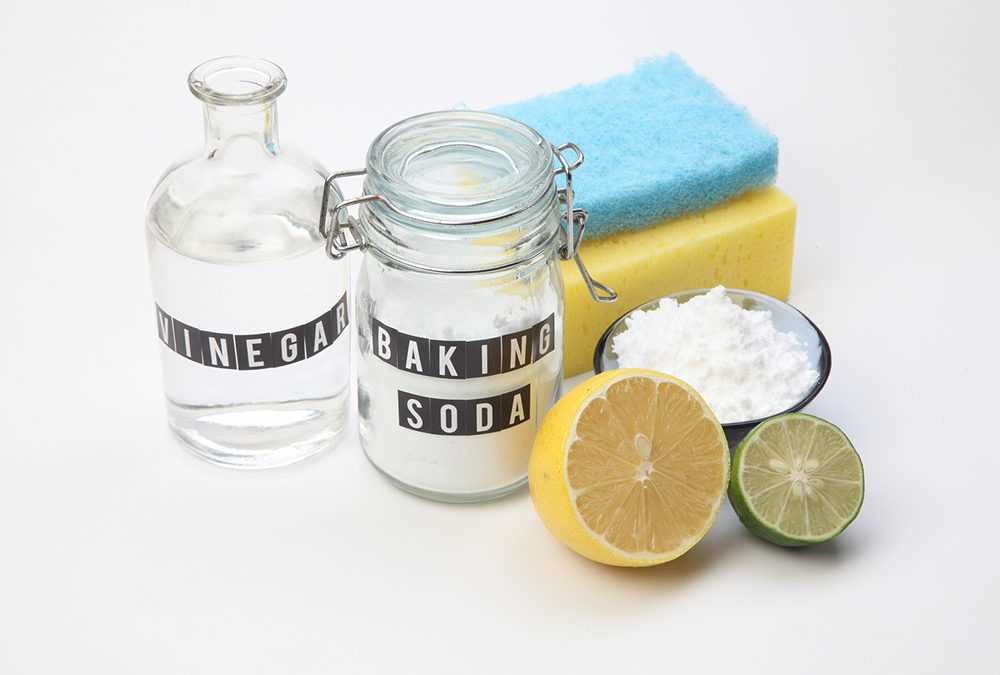
Essential oils are natural oils that are derived from plants. They can be used to add a pleasant scent to homemade cleaning products and also have some cleaning properties.
Here are some commonly used essential oils in homemade cleaning products:
- Lavender oil: has antimicrobial properties and a calming scent.
- Tea tree oil: has antibacterial and antifungal properties.
- Lemon oil: has a fresh and invigorating scent.
5. Castile Soap
Castile soap is a gentle soap made from plant-based oils. It is biodegradable and can be used as a base for many homemade cleaning products.
Here are some ways you can use castile soap in homemade cleaning products:
- Mix castile soap with water and essential oils to create a homemade dish soap.
- Combine castile soap with water and vinegar for a natural floor cleaner.
- Add castile soap to your laundry detergent for an extra boost of cleaning power.
6. Hydrogen Peroxide
Hydrogen peroxide is a natural cleaning agent that can be used to disinfect, remove stains, and whiten surfaces. It can be an effective alternative to harsh chemicals.
Here are some ways you can use hydrogen peroxide in homemade cleaning products:
- Mix hydrogen peroxide with water to create a solution for cleaning countertops and cutting boards.
- Use hydrogen peroxide to remove stains from fabrics and carpets.
- Add hydrogen peroxide to your homemade laundry detergent for extra stain-fighting power.
These ingredients are the building blocks for creating your own homemade cleaning products. They are readily available in the UK and offer a natural and effective way to keep your home clean and fresh.
Baking Soda
Baking soda, or sodium bicarbonate, is a versatile and affordable household product that can be used for a wide range of cleaning tasks. It is a natural cleaner and deodorizer, making it a great alternative to harsh chemicals.
Cleaning Uses:
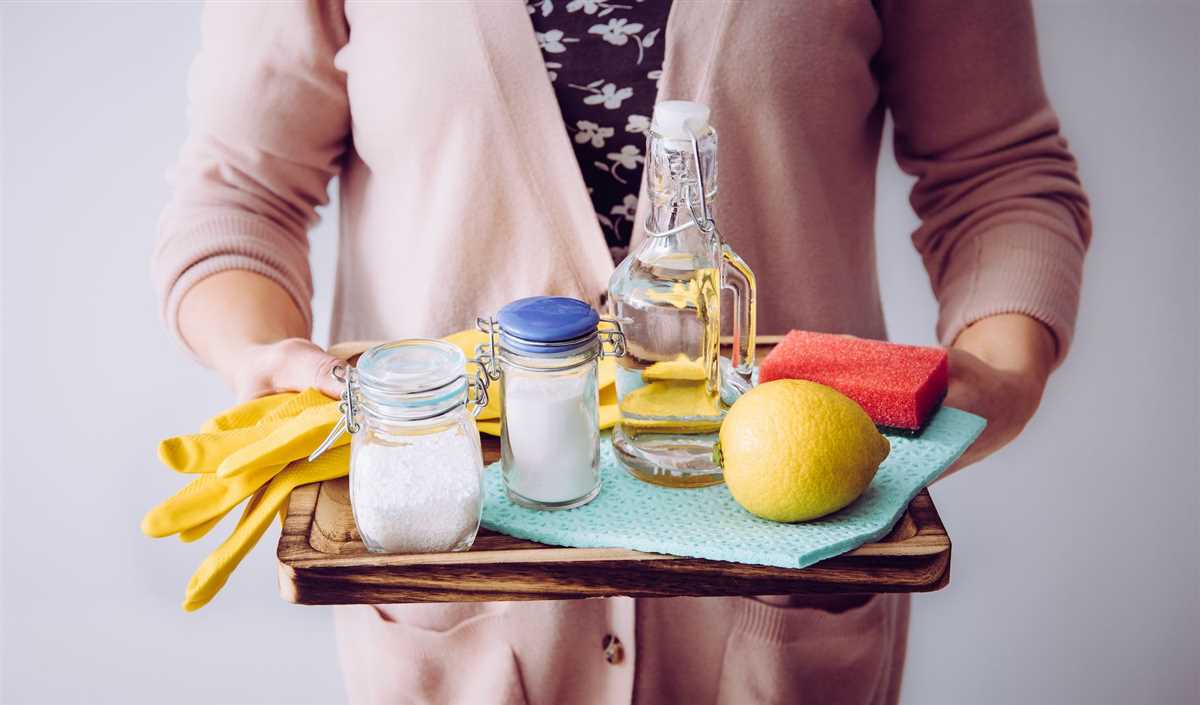
- All-purpose cleaner: Mix baking soda with water to create a paste and use it to clean countertops, sinks, and appliances.
- Carpet cleaner: Sprinkle baking soda onto carpets, let it sit for a few minutes, and then vacuum it up to remove odors.
- Stain remover: Make a paste with baking soda and water, apply it to stains on clothing or upholstery, and let it sit for a few minutes before blotting or washing.
- Shoe deodorizer: Sprinkle baking soda into shoes to absorb unpleasant odors.
- Dishwasher cleaner: Add baking soda to your dishwasher’s cycle to help remove stains and odors.
- Refrigerator freshener: Place an open container of baking soda in your fridge to absorb and eliminate unwanted odors.
Health and Beauty Uses:
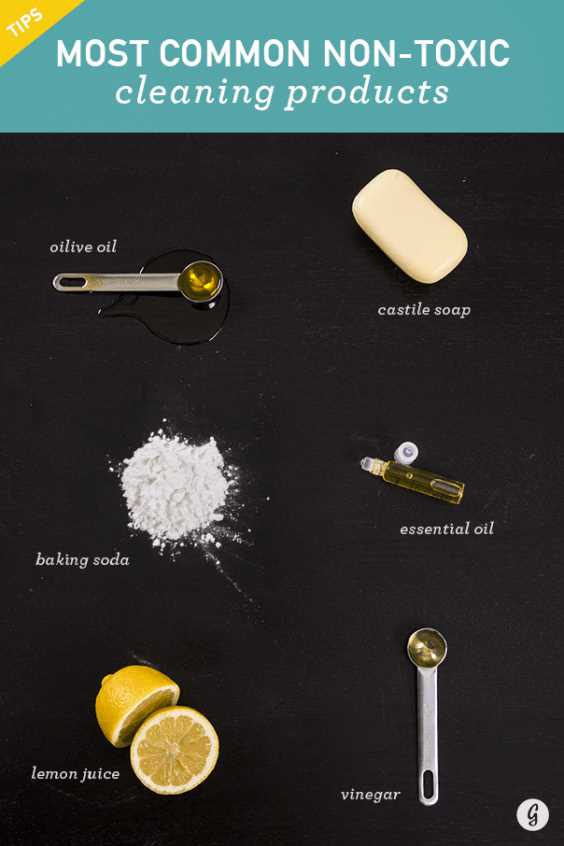
- Teeth whitener: Dip a damp toothbrush into baking soda and brush your teeth to help remove stains.
- Facial scrub: Create a paste with baking soda and water, gently massage it onto your face to exfoliate, and then rinse off.
- Foot soak: Add baking soda to warm water and soak your feet to help relieve foot odor and soften skin.
- Deodorant: Apply a small amount of baking soda to underarms to help neutralize odors.
Tips:
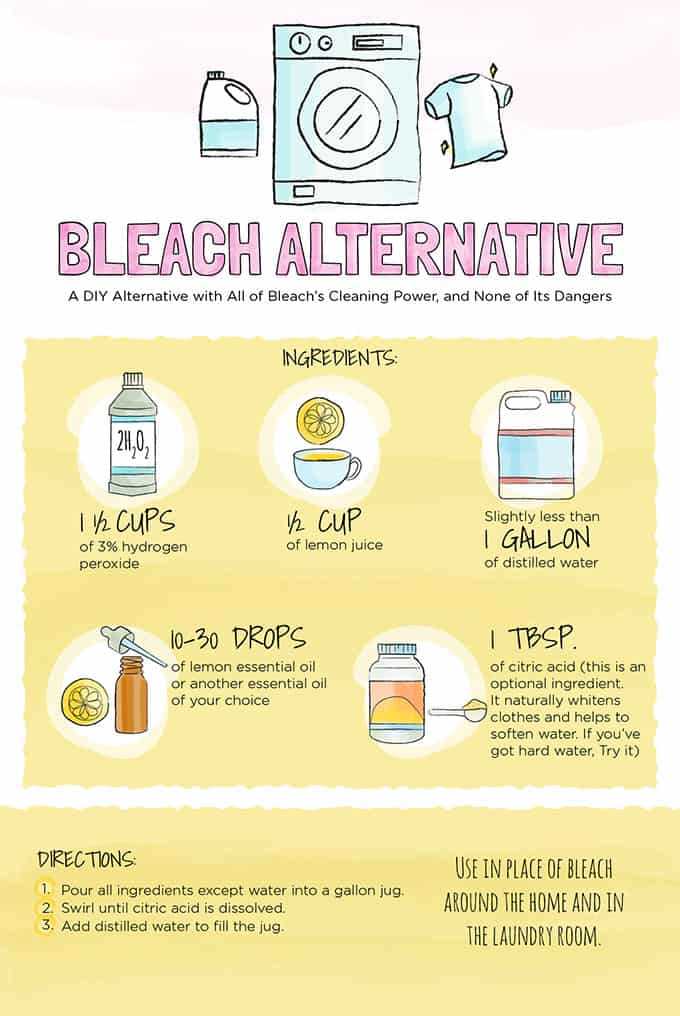
- Always test baking soda on a small, inconspicuous area before using it on a larger surface.
- Store baking soda in a cool, dry place to keep it fresh and effective.
- Do not use baking soda on surfaces that can be easily scratched, such as marble or granite.
- Avoid using baking soda on aluminum surfaces, as it can cause discoloration.
Baking soda is an affordable and versatile cleaning product that can be used in various ways throughout your home. It is a natural alternative to harsh chemicals and can help keep your living space clean and fresh.
Vinegar
Vinegar is a versatile cleaning agent and can be used for various tasks around the house. It is a natural disinfectant and can help remove bacteria and germs from surfaces. Here are some ways you can use vinegar for cleaning:
- All-purpose cleaner: Mix equal parts vinegar and water in a spray bottle. Use this solution to clean countertops, floors, and other surfaces.
- Glass cleaner: In a spray bottle, mix one part vinegar with three parts water. Use this solution to clean glass surfaces like windows and mirrors.
- Laundry freshener: Add a cup of vinegar to the rinse cycle of your laundry to remove odors and freshen up your clothes.
- Stain remover: Mix one part vinegar with two parts water. Apply this solution to stains on clothes or carpets and let it sit for a few minutes before blotting with a clean cloth.
- Unclog drains: Pour half a cup of vinegar down the drain, followed by boiling water. This can help remove blockages and keep your drains flowing smoothly.
Vinegar is a cost-effective and readily available ingredient that can be used for many cleaning tasks. However, it is important to note that vinegar is acidic and should not be used on certain surfaces like marble or granite, as it can cause damage. Always test vinegar on a small, inconspicuous area before using it on a larger surface.
Lemon
Introduction to Lemon as a Cleaning Agent
Lemon is a versatile and natural ingredient that can be used for cleaning purposes. It has acidic properties, which make it effective for cutting through grease, removing stains, and eliminating odors. Additionally, lemon has antibacterial and antiviral properties, making it a great choice for keeping your home clean and free from harmful germs.
Lemon as a Surface Cleaner
Lemon can be used as a surface cleaner for various areas in your home, including countertops, sinks, and cutting boards. To make a simple lemon surface cleaner, mix equal parts lemon juice and water in a spray bottle. You can also add a few drops of essential oil for a pleasant scent. Spray the mixture onto the surfaces you want to clean, let it sit for a few minutes, then wipe it off with a clean cloth or sponge.
Lemon as a Glass Cleaner
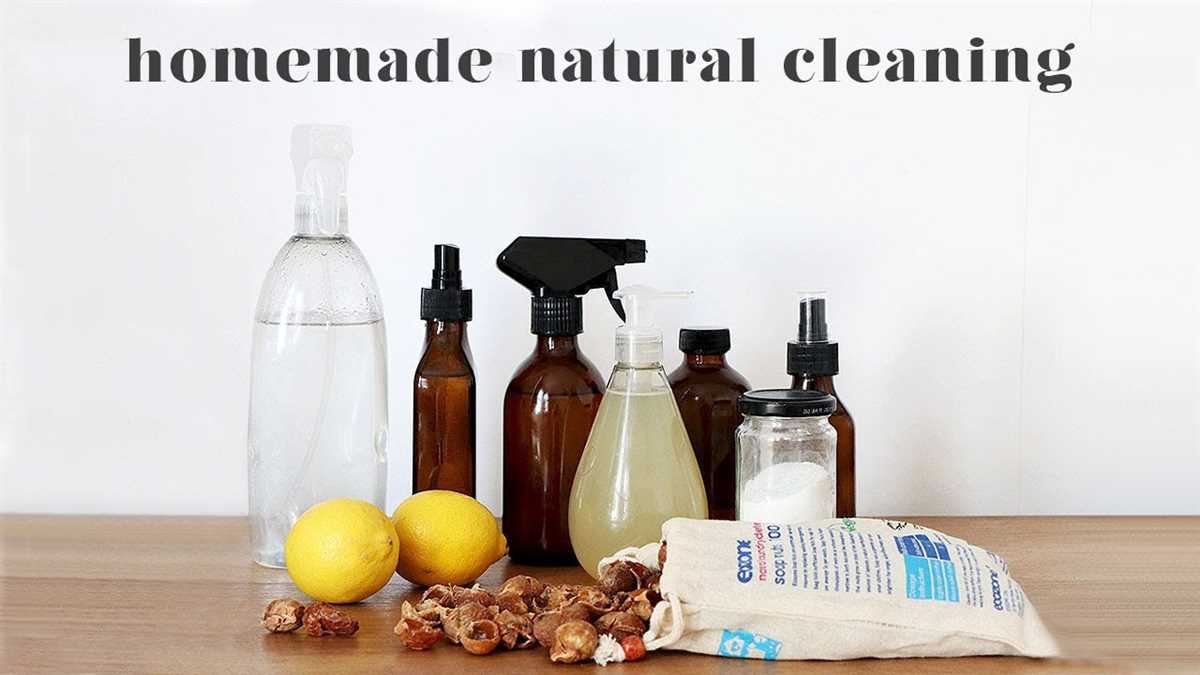
Lemon can also be used to clean glass surfaces, such as windows and mirrors. The acidic properties of lemon help to dissolve and remove dirt and grime, leaving your glass surfaces sparkling clean. To make a lemon glass cleaner, mix equal parts lemon juice and water in a spray bottle. Spray the mixture onto the glass surface and wipe it clean with a lint-free cloth or newspaper for a streak-free shine.
Lemon as a Stain Remover
Lemon can be used as a natural stain remover for fabrics and carpets. Its acidic properties help to break down tough stains, such as grease, wine, and ink. To remove stains using lemon, first, blot the stained area with a clean cloth to remove any excess liquid. Then, squeeze fresh lemon juice onto the stain and let it sit for a few minutes. Blot the area again with a clean cloth to remove the stain, repeating the process if necessary. Finally, rinse the fabric or carpet with water to remove any lemon residue.
Lemon as an Air Freshener
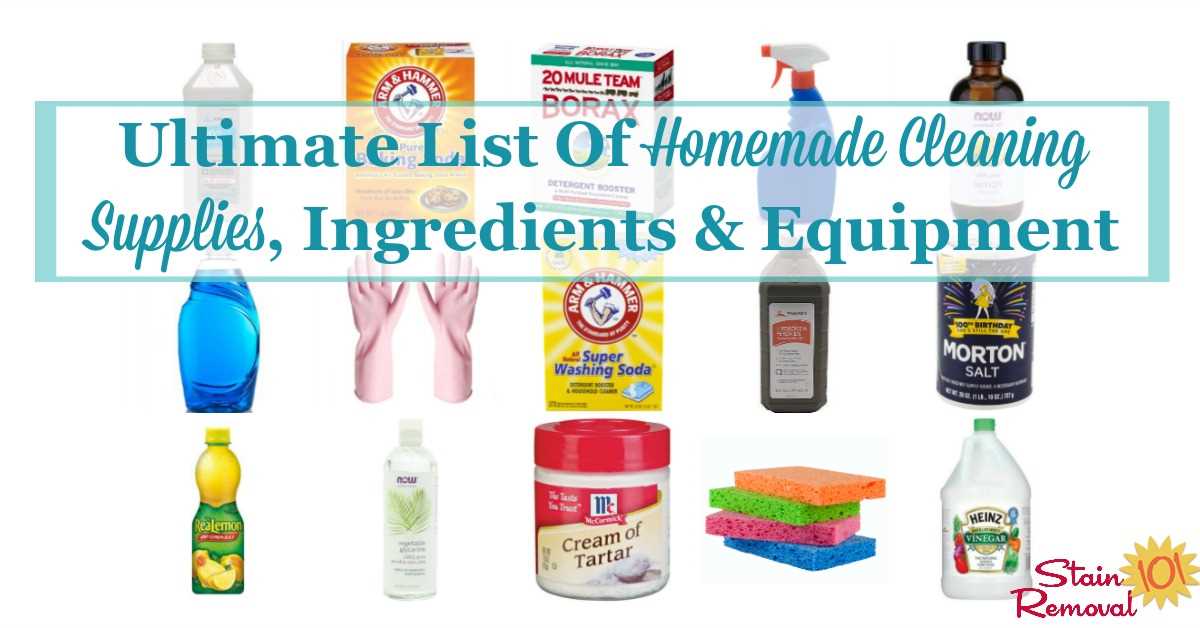
Lemon can also be used as a natural air freshener to remove odors and leave your home smelling fresh. To make a lemon air freshener, simply cut a lemon in half and place it in a small bowl or dish. You can also add a few drops of essential oil to enhance the scent. Place the bowl in a room or area that needs freshening up, and the lemon will help to absorb and neutralize odors.
Conclusion
Lemon is an excellent natural ingredient for making homemade cleaning products. Its acidic properties make it effective for cutting through grease, removing stains, and eliminating odors. With its antibacterial and antiviral properties, lemon provides a safe and natural way to keep your home clean and fresh. Try using lemon in your cleaning routine and enjoy the benefits of a naturally clean and healthy home.
Essential Oils
Essential oils are highly concentrated plant extracts that have been used for centuries for their various therapeutic properties. These oils are commonly used in aromatherapy, but they can also be employed in homemade cleaning products due to their natural cleaning and disinfecting abilities.
Benefits of Essential Oils
- Natural Cleaning Power: Essential oils possess antimicrobial properties that can help kill germs and bacteria.
- Pleasant Fragrance: Many essential oils have a pleasing aroma that can be used to add fresh scents to homemade cleaners.
- Eco-Friendly: Essential oils are natural and biodegradable, making them a safer alternative to chemical-based cleaning products.
Common Essential Oils for Cleaning
There are a variety of essential oils that can be used in homemade cleaning products. Here are some popular options:
| Essential Oil | Cleaning Benefits |
|---|---|
| Lemon | Effective degreaser and fresh scent |
| Lavender | Antibacterial and calming fragrance |
| Tea Tree | Powerful disinfectant and antifungal properties |
| Peppermint | Antimicrobial and invigorating aroma |
| Orange | Effective grease cutter and uplifting scent |
How to Use Essential Oils in Cleaning Products
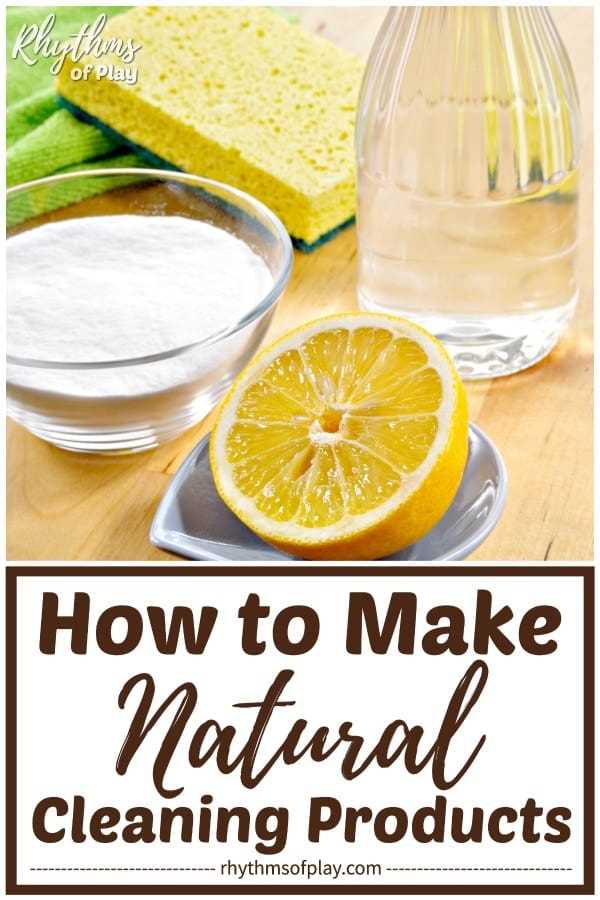
When using essential oils in homemade cleaning products, it is important to remember that they are highly concentrated and should be used with caution. Here are some tips:
- Start with a small amount of essential oil and gradually increase if necessary.
- Always dilute essential oils with a carrier oil or water before using.
- Use a few drops of essential oil in cleaning solutions such as vinegar or baking soda.
- Store your homemade cleaning products containing essential oils in airtight containers away from direct sunlight.
By incorporating essential oils into your homemade cleaning routine, you can create effective and eco-friendly cleaning products with natural scents that leave your home refreshed and clean.
FAQ
What are some commonly available ingredients in the UK that can be used to make homemade cleaning products?
Commonly available ingredients in the UK that can be used to make homemade cleaning products include vinegar, baking soda, lemon juice, and essential oils.
Can you give me a simple recipe for a homemade all-purpose cleaner?
Sure! To make a simple homemade all-purpose cleaner, you can mix equal parts water and vinegar, and add a few drops of essential oil for fragrance.
Are homemade cleaning products as effective as store-bought ones?
Homemade cleaning products can be just as effective as store-bought ones, especially for basic cleaning tasks. However, for tougher stains or specialized cleaning needs, store-bought products may be more effective.
Are homemade cleaning products safer for the environment?
Yes, homemade cleaning products are generally safer for the environment as they don’t contain harsh chemicals that can harm ecosystems and water sources.
Are homemade cleaning products cheaper than store-bought ones in the long run?
Yes, homemade cleaning products can be cheaper in the long run as the ingredients used are often inexpensive and can be bought in bulk. Additionally, you can reuse the same spray bottles and containers, reducing waste and saving money.














